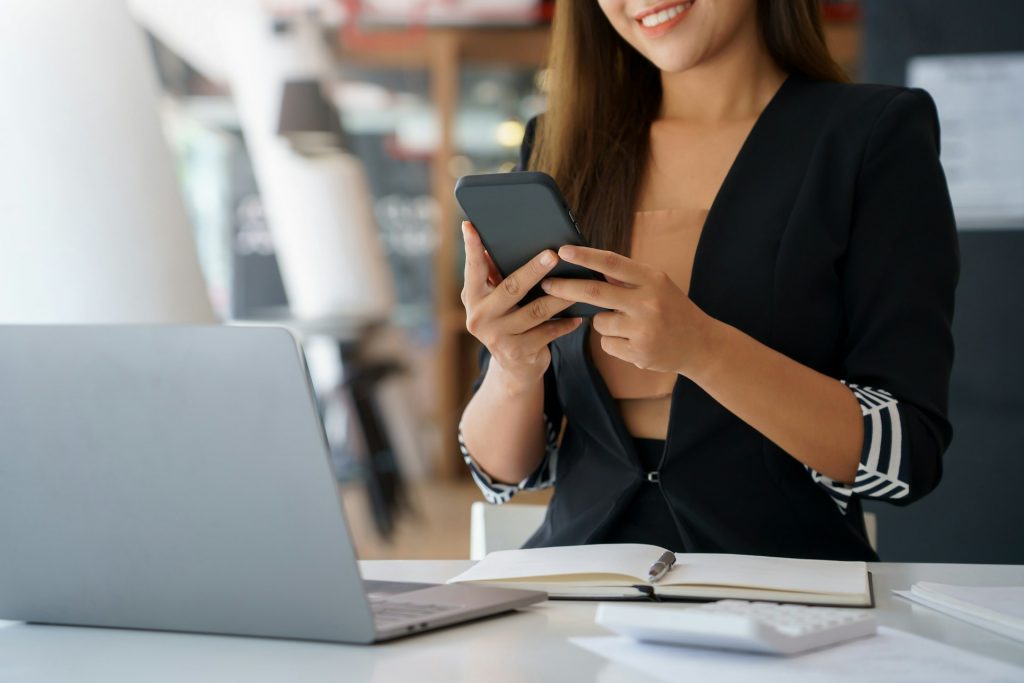Think Before You Click: 10 Ways to Be Careful with Your Devices in Public Places
We take our laptops, phones, and tablets everywhere. Every time you connect to public Wi-Fi or leave your device unattended, you could be inviting trouble. Whether it’s hackers, data thieves, or just a misplaced gadget, being careless in public places can cost you.
Here are few tips to help keep you safe.
1. Avoid Public Wi-Fi When Possible
Free Wi-Fi is convenient, but it’s not always secure. Hackers can easily intercept data on open networks. If you must use public Wi-Fi:
- Don’t log into sensitive accounts like banking or email.
- Use a VPN (Virtual Private Network) to encrypt your connection.
- Turn off auto-connect features to prevent your device from joining risky networks without your knowledge.
2. Use a Screen Privacy Filter
Working in a crowded café or airport? A privacy screen makes it harder for people nearby to snoop on your screen. It’s a cheap and easy way to protect sensitive information from prying eyes.
3. Don’t Leave Devices Unattended
Even a quick trip to the restroom could end in a stolen device. Always take your tech with you or ask someone you trust to watch it. When in doubt, pack it up and take it.
4. Lock Your Screen
Set your devices to lock automatically after a short time of inactivity—and always lock them manually when stepping away. A strong password, PIN, or biometric login (like fingerprint or facial recognition) adds an extra layer of protection.
5. Be Aware of Shoulder Surfers
Yes, it’s a real thing. People can watch you type in passwords or view private info just by looking over your shoulder. Be discreet and angle your screen away from others if you’re working on sensitive tasks.
6. Keep Software Updated
Always install the latest software updates and security patches. These updates often fix vulnerabilities that hackers exploit—especially in places where devices are used on public networks.
7. Use Tracking Apps
Apps like Find My iPhone or Find My Device can help you locate a lost device. Make sure these features are turned on before something goes missing.
8. Don’t Charge in Public Ports
Public USB charging stations (like those in airports) can be tampered with to install malware or steal data—a threat known as juice jacking. Use your own charger and plug into a regular outlet or charging brick instead.
9. Watch for Suspicious Activity
If something feels off—like a strange pop-up after joining Wi-Fi, or a nearby person taking too much interest in your device—trust your gut. Disconnect, move seats, and turn off your device if needed.
10. Always Use Double Authentication
That extra step feels tedious, but it could save you from being hacked. Use it for email accounts accessed online especially, like Gmail, where you may have a lot your personal information in saved emails.
Final Thoughts
Our digital lives travel with us, but so do the risks. With a few mindful habits, you can protect your devices, your data, and your peace of mind. When you’re in public, think twice before you connect, click, or set your tech down. A little caution goes a long way.
Contact us with any questions regarding keeping your bank account secure.
